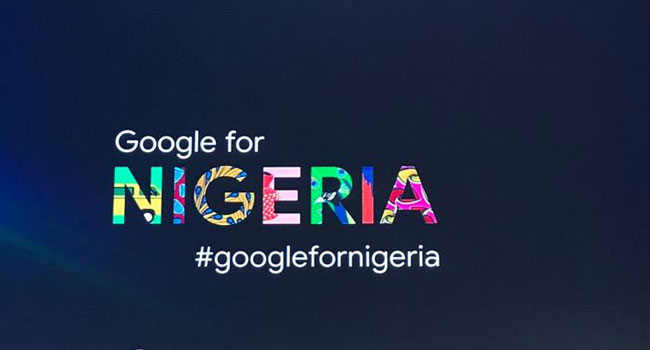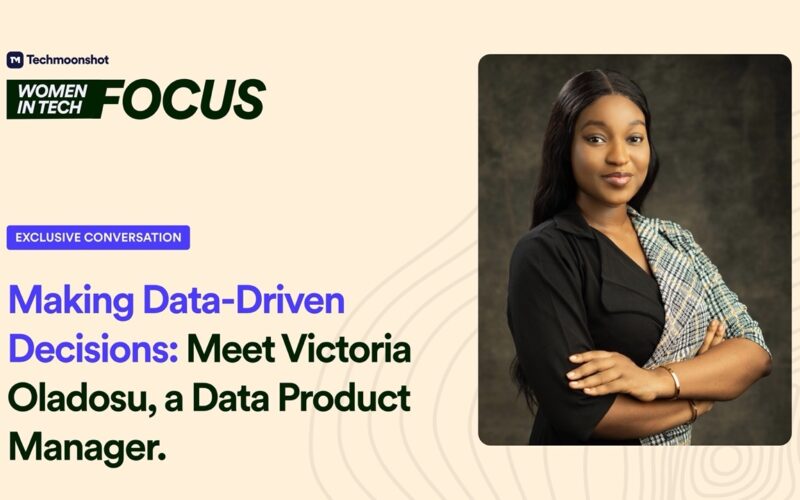Ehimwenma Imalele is a Technical Support Engineer at Adyen, where she plays a pivotal role in ensuring seamless technical assistance to clients navigating complex payment solutions. Her journey into this role stemmed from a deep-rooted passion for problem-solving and a knack for understanding intricate technological systems.
Ehimwenma graduated with honors from her Computer Science and Engineering program at the Obafemi Awolowo University. At Adyen, she leverages her expertise to provide comprehensive support, collaborating closely with cross-functional teams to optimize client experiences and drive technical excellence. Her commitment to continuous learning and proactive approach to addressing challenges have positioned her as a valuable asset within the company’s dynamic technical support landscape. In this exclusive conversation with Ehimwenma, she highlighted how her journey in tech started, the challenges, and how she overcame them.
Can we get to know you?
Absolutely! My name is Ehimwenma, most people call me Wenma. I studied Computer Science and Engineering at Obafemi Awolowo University. I currently work as a Technical Support Engineer. Outside of work, I enjoy reading, traveling, exploring new places & cuisines and I love taking pictures. Sometimes I am shy but when I get comfortable with people I am talkative. I’m a very visual person, which means I love working with things I can see and touch.
Where do you work at the moment?
I currently work at Adyen, one of the world’s leading Fintech companies. It’s an exciting experience for me and an interesting place to be, especially given the rapid pace of innovation and the diverse range of challenges I am faced with every day. I also get to work with some of the smartest minds in the entire world 😉
Can you share your journey into the role of Technical Support
Engineer? What led you to this career path?
My journey into this role started with a passion for visual and tangible problem-solving. After finishing my studies, I was determined to find a job where I could apply what I had learned in school. I began my career as a Technical Engineer with an Internet Service Provider, knowing it would involve supporting a physical product.
Eventually, I transitioned into the Fintech space as a Technical Support Engineer. I quickly discovered how much I enjoyed the work, particularly the satisfaction of replicating issues, identifying root causes, and resolving problems reported by merchants. Today, I support a physical product, giving me a hands-on approach that truly drew me to this career path.
Did you have any role models or mentors who influenced your career
Path?
Yes, I’ve had several mentors throughout my career who have significantly influenced my path. Their guidance and support have been invaluable, helping me navigate the complexities of the tech industry and grow both professionally and personally. I understand that finding and maintaining a relationship with a mentor can be challenging.
Whenever I find myself in a new position or company, I make it a point to identify a mentor who aligns with my career goals. I seek their advice, learn from their experiences, and apply their growth patterns to my own journey. However, I don’t abandon my previous mentors when I move to a new environment. I stay in touch with them and continue our check-ins. While this approach isn’t set in stone, it has consistently worked for me throughout my career.
Can you tell us about your educational background and any relevant
certifications you’ve obtained so far?
I studied at Obafemi Awolowo University, one of Nigeria’s prestigious universities, where I earned my B.Sc in Computer Science & Engineering. After graduating, I pursued certifications relevant to my field, such as ITIL and Product Management from Product Dive, among others. My advice is to have a clear understanding of your goals, research the certifications or online courses that align with those goals, and plan to take those courses. Trust me, this approach really opened doors for me when I was searching for my first job.
What challenges did you face as you progressed in your tech career and
how did you overcome them?
One of the biggest challenges I faced was keeping up with the rapid pace of technological change. It can feel overwhelming to stay current with new tools, software, and best practices. To overcome this, I made continuous learning a part of my routine. I set aside time to read industry blogs, take online courses, and participate in webinars.
Another challenge was dealing with difficult customer interactions, which can be stressful. I learned to develop patience and empathy, always trying to see things from the customer’s perspective. Mentorship also played a key role; having someone experienced to guide me through tough times and provide valuable advice was incredibly helpful.
What are some of the biggest challenges you face as a Technical
Support Engineer, and how do you address them?
For me, the biggest challenge has been dealing with people. It might sound strange, but humans are dynamic and sometimes unpredictable. In my line of work, it’s crucial to understand customers in various ways, including their level of technical knowledge and their expectations.
For instance, you can’t explain things the same way to an IT engineer and someone from the Operations team. I have to adjust my explanations based on who I’m talking to, avoiding technical jargon with an operations associate that I might use with an IT engineer.
What does a typical day look like for you as a Technical Support
Engineer?
A typical day for me starts with a cup of Matcha 😊 while I go through my emails and support tickets to see if there are any urgent issues that need immediate attention. I spend most of my day troubleshooting problems customers have with their payment terminals, which can range from software bugs to connectivity issues. In between, I collaborate with our development team to discuss recurring problems and how we can prevent them in the future. The day can be pretty hectic, but it’s also incredibly rewarding when you can help someone get their system back up and running smoothly.
What are some of the emerging trends you see shaping the future of Technical Support engineering?
One of the most exciting trends is the use of artificial intelligence and machine learning. AI is getting really good at predicting and identifying issues before they become major problems, which means we can fix things more proactively. Chatbots and virtual assistants are also improving, handling more straightforward inquiries and freeing up human support for more complex issues.
Additionally, there’s a big push towards remote and cloud-based solutions, which is making support more flexible and efficient. Security is another big focus area, especially in fintech, where the landscape is always evolving to counter new cyber threats.
What are some of the most rewarding aspects of being a Technical
Support Engineer?
The most rewarding part of my job is helping people solve their problems. It’s incredibly satisfying when you are able to resolve an issue. I also enjoy the constant learning and problem-solving that comes with the territory.
Every day presents new challenges, which keeps things interesting and ensures I’m always growing in my role. Knowing that my work directly impacts the smooth operation of businesses and people’s lives adds a meaningful dimension to what I do.
What advice would you give to someone aspiring to become a Technical
Support Engineer?
I’d say start by building a strong foundation in both technical skills and customer service. You need to be comfortable with the technology you’ll be supporting, so get hands-on experience with different systems and software.
Equally important is developing strong communication skills because a big part of the job is explaining technical concepts to non-technical users. Patience and empathy are key—always try to put yourself in the customer’s shoes. Lastly, be curious and never stop learning. The tech field is always evolving, and the more adaptable you are, the better you’ll do.
How do you stay current with the ever-evolving tech landscape and
continuously improve your skills?
I stay current by regularly reading industry blogs, following key influencers on social media, and participating in online forums and communities. I also take online courses and attend webinars and workshops to learn about the latest technologies and best practices.
Networking with other professionals in the field is also invaluable; it helps me learn from their experiences and stay aware of emerging trends. Continuous learning is essential, so I try to dedicate some time each month to my professional development.
What do you enjoy doing in your free time outside of work?
Outside of work, I love to spend time with my family and friends and travel to experience new cultures and cuisines whenever I get the chance. And yes I love photography whether it’s posing for the camera or just taking pictures of the beautiful things I come across during my travels.
If you could give one piece of advice to your younger self, what
would it be?
I would tell my younger self to not be afraid of making mistakes. Every mistake is a learning opportunity that brings you closer to mastery. Embrace challenges and be curious about how things work. Also, don’t underestimate the power of soft skills; being able to communicate effectively and work well with others is just as important as technical expertise. Lastly, always keep an open mind and stay adaptable—the tech industry is constantly changing, and flexibility is key to long-term success.
Finally, what resources (books, podcasts, networks, etc.) would you
recommend to aspiring Technical Support Engineer?
I would recommend starting with the book “The Changelog”. Online platforms like Coursera and Udacity offer great courses on mobile development. Networking is also crucial, so consider joining groups on LinkedIn or attending career fairs, meetups and conferences. And don’t underestimate the value of hands-on projects and contributing to open-source communities.
It’s a pleasure talking to you Ehimwenma.
The pleasure is all mine! Thank you for the engaging questions.












